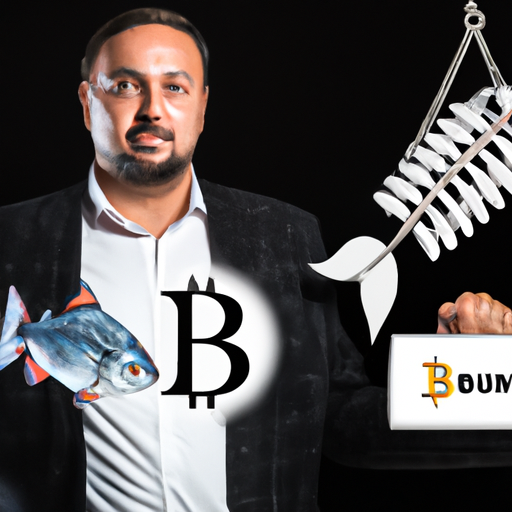FTX Founder Explores ‘Prisonomics’ During Incarceration in Brooklyn Detention Center
Key points:
- FTX founder, Sam Bankman-Fried, delves into the world of ‘prisonomics’ during his time at a Brooklyn detention center.
- While incarcerated, Bankman-Fried discovers a surprising trend where demand for mackerel pouches surpasses interest in Bitcoin and other cryptocurrencies.
- Bankman-Fried joins fellow inmates in enjoying battered seafood delicacies as they explore the intricacies of the prison economy.
Sam Bankman-Fried, the convicted founder of FTX, has recently made headlines for his unexpected foray into the world of ‘prisonomics’ during his time at a Brooklyn detention center. What started as a curious exploration turned into a fascinating discovery of the unique economy that thrives within prison walls.
Contrary to expectations, Bankman-Fried noticed an interesting trend during his incarceration – the demand for mackerel pouches overshadowed the interest in Bitcoin and other cryptocurrencies. This surprising revelation challenged the assumption that digital assets would hold the same appeal within the prison community.
Bankman-Fried, eager to understand the dynamics of this alternative economy, engaged with fellow inmates in discussions about the prominence of mackerel pouches as a form of currency. As he exchanged ideas and experiences with his peers, he realized that the use of these seafood delicacies held significant value within the prison system.
While incarcerated, Bankman-Fried also had the opportunity to enjoy battered seafood delights, joining his fellow inmates in savoring the culinary creations made from mackerel pouches. This communal experience not only provided him with firsthand insights into the prison economy but also allowed him to forge connections and build relationships within the detention center community.
The ‘prisonomics’ phenomenon has sparked intrigue within the crypto community, with many speculating on the underlying reasons behind the preference for mackerel pouches over cryptocurrencies. Some believe that the tangibility and versatility of these edible assets, coupled with their widespread acceptance within prison transactions, contribute to their popularity.
As Bankman-Fried concludes his sentence, he brings back with him a unique perspective on the intrinsic value of goods and the importance of adaptability within different economic systems. Through his exploration of ‘prisonomics,’ he not only gained a deeper understanding of the prison economy but also developed a broader appreciation for the intricacies of different financial ecosystems.
Hot take: The prominence of mackerel pouches as a form of currency within the prison economy unveils the diverse mechanisms that can underpin economic systems. Bankman-Fried’s involvement in ‘prisonomics’ sheds light on the adaptability of humans in creating alternative economies, and perhaps prompts us to reevaluate our assumptions about the development and acceptance of new forms of currency.
